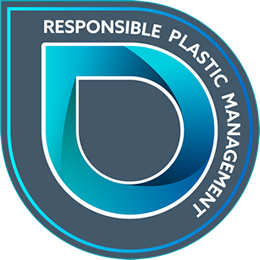Zero Plastic To Landfill Challenge
Why we need the Zero Challenge?
There is little doubt that Plastic has become the ‘Signature Material’ of our age.
Plastic, while incredibly useful, poses significant environmental challenges.
Our initiative, the Zero Plastic to Landfill Challenge, offers a clear pathway for organizations to responsibly manage their plastic waste and demonstrate environmental commitment and plastic waste management control. Participants work with their waste management contractors to identify plastic in waste streams and enhance circularity.
The Process
Joining the Zero Plastic to Landfill Challenge is a straightforward process:
- Applicants sign up to a commitment to Zero Plastic to Landfill
- Complete a review of current waste management practices and plastic flows
- Liaise with their waste management contactors and identify volume of plastic waste and potential improvements and targets
- Waste management contractor commits to the Challenge also
- Review progress for continuous improvement and target setting
- Consider verification when targets are met
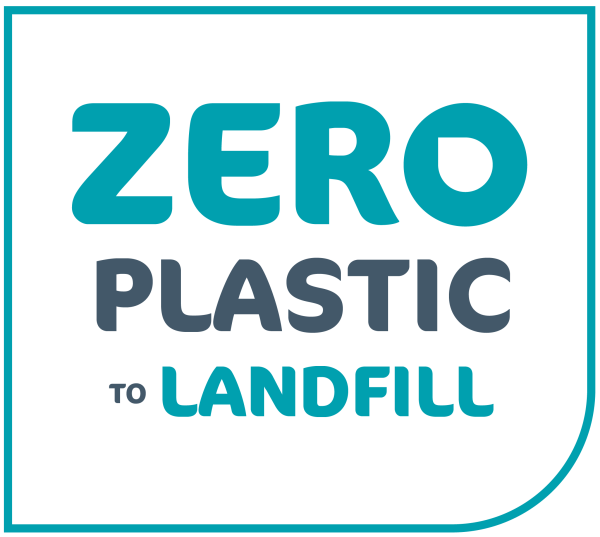
ACTION IS IMPERATIVE
The Zero Plastic to Landfill Challenge is THE way to take action
The Zero Plastic to Landfill Challenge initiative was set up by the Responsible Plastic Management Program CIC to help and demonstrate that engaged organisation’s that are playing their part in plastic management.
It aims to ensure that none of the plastic waste created by our engaged businesses goes to landfill or worse into our environment.
The Challenge simplifies the complex, by offering versatile support in the form of guidance and methodologies. When systems are developed, it offers reassurance, via credible validations. It brings plastic users and waste management contractors into partnership for agreed targets and benefits.
The imperative is high and the implications are low. All businesses can adopt the Zero Plastic to Landfill Challenge.
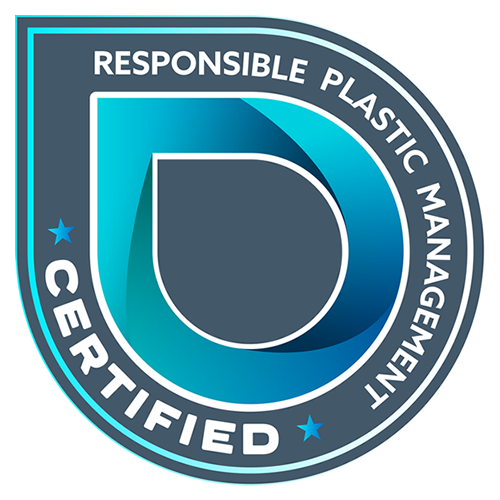
The 6 Steps of the Challenge Process
Before embarking on the Challenge, interested parties engage with the Responsible Plastic Management Program and commit to the Challenge.
When implementing a Zero Plastic Waste to Landfill strategy it is not enough to simply ask a waste contractor to stop sending your waste to landfill.
Organisations in the Challenge will follow a stepped approach leading to a validated status. This approach typically includes 6 Stages including discussions and the identification and development of changes and solutions.

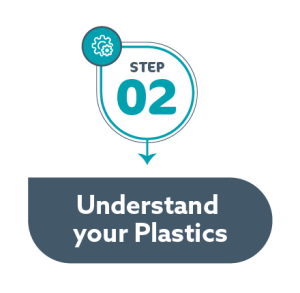




Realistically organisations could be in the Challenge phase for up to 24 months allowing for meaningful dialogue with designers, suppliers, recyclers and waste contractors in order to develop better solutions that enable the circular economy.
Your business may already be well on the way to meeting the Challenge and can quickly progress to success. Where there are barriers to success this is understandable; we recognise your commitment, we work with you offering our network of support.
We recognise that the improvement journey requires technical innovation and scalable solutions which take time.
Benefits of Zero Plastic Waste to Landfill Challenge
The reasons for engaging with Zero Plastic to Landfill Challenge include:
The ZERO PLASTIC TO LANDFILL Challenge provides a comprehensive way to ensure responsible plastic use.
It offers a time-line with a relevant development framework to set dialogues, actions, procedures and put solutions in place. It gives a mechanism and reason for organizations to work closely and in partnership with waste contracators and provides reassurance that plastic use is managed responsibly.
Organisations in partnership with waste contractors should take responsible management of their plastic. By participating in responsible plastic management initiatives we help balance credible plastic use and controlled plastic waste management.
A tangible and credible way for an organisation to demonstrate verifiable and relevant environmental integrity and save money is to ensure that none of their plastic waste goes to landfill. Plastic is a valuable resource in the circular economy. Consider plastic waste as the ‘recyclers gold’.
Maximising the value of plastic waste by seeing it as a resource is key to driving resource efficiency and accelerating businesses towards circularity. Plastics contain materials that are too valuable to be thrown away. They can be recycled back into new products or chemical raw materials. Where this is not yet possible or sustainable, plastics be used for energy recovery as a substitute for virgin fossil fuels until more sustainable advanced recycling technologies become available.

Taking a Business as Usual stance to plastic mismanagement has Zero excuse
The Certification Stage
The RPM Program provides independent certification through its approved certification bodies. The certification assessment is voluntary. An organisation’s Zero Plastic to Landfill achievement is verified and validated by performing a site audit and a review of documentation.
Organisations will need to have a full audit trail to demonstrate that plastic waste material is being treated correctly and to prove that nothing ends up in landfill.
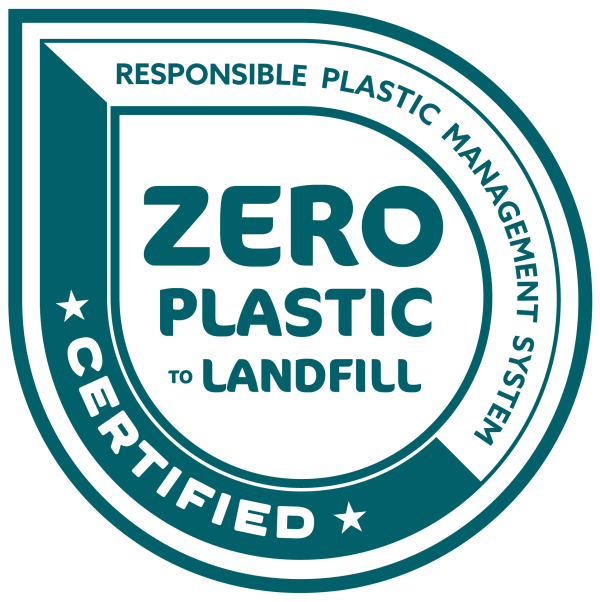
How the RPM team can help
Evidence of plastic mismanagement is stark and it is of global concern. We are unnecessarily depositing waste plastics into our environment and our oceans at an alarming rate; approximately 50 million tons per annum. Plastics are both a boon and a threat to humanity and planetary health.
Without taking action, there will be a greater cost on business in plastic tax, plastic bans and restrictions on plastic use. The growing negative perception of business and brands who don’t act responsibly will only escalate. Regulations are outlawing some plastics, with other plastics attracting penalties for use or viewed negatively by society.
RPMs expert team has extensive knowledge of plastic waste and a network of like minded businesses with progressive environmental auditing.
Every business is different. While some customers are just looking for an immediate independent assessment of their work; others need help to get their zero plastic waste to landfill dialogues and systems off the ground.
